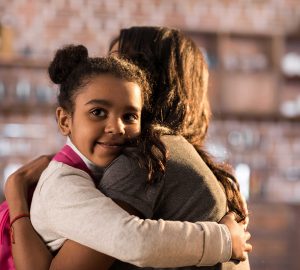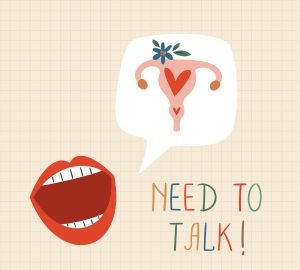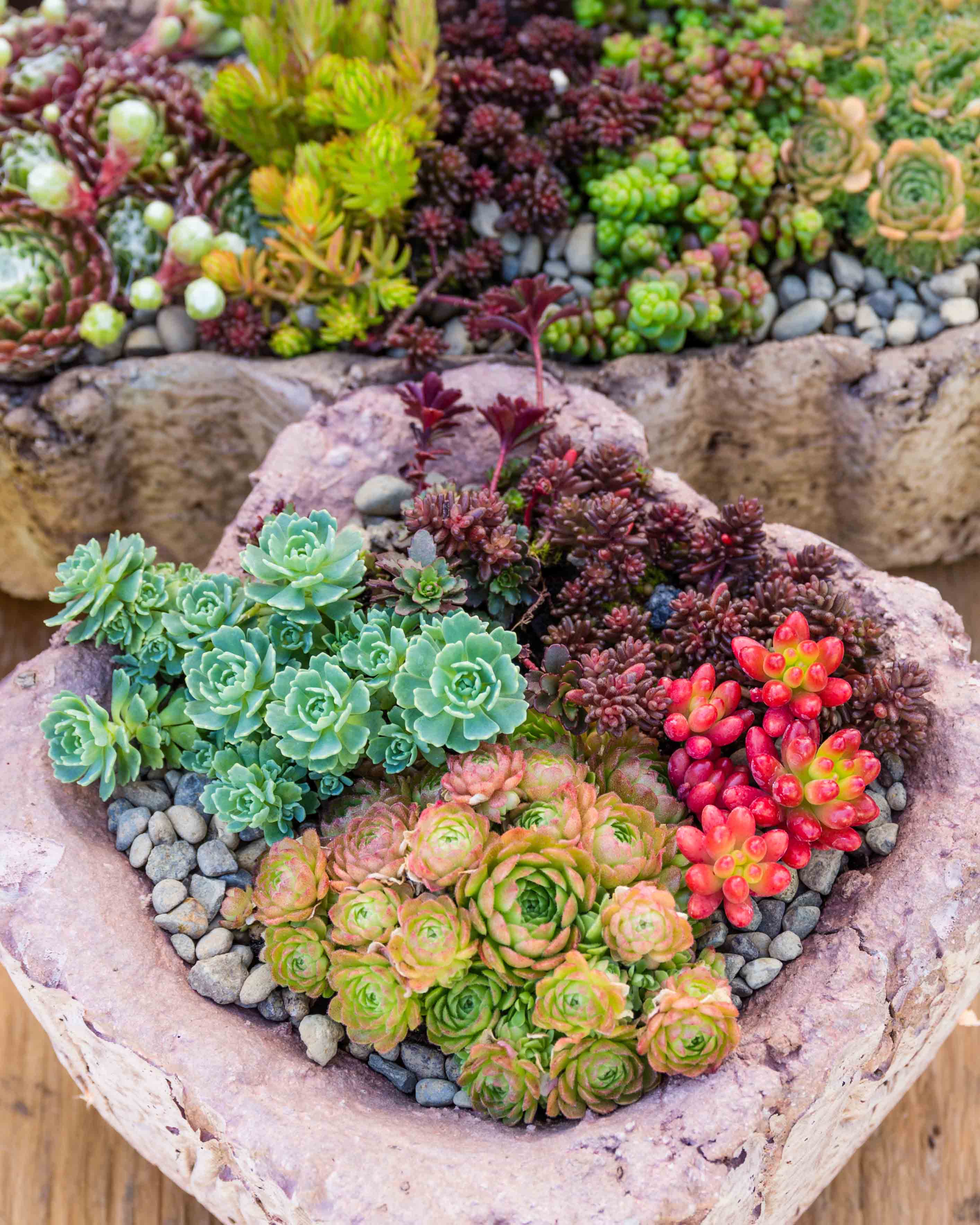The Raising of a Mother
by Gail Nagasako
I was 40 when I gave birth to my son. By then I had lived long enough to have learned that many of my assumptions about life had turned out to be false and deeper truths had revealed themselves. Now I was to find out the same thing about many of my assumptions about mothering. I share some of my questionings and discoveries, not because I want you to accept my conclusions, but to point to the possibility of realities beyond what we assume to be true.
Mother-as-teacher
One of the first to go was the idea of mother-as-teacher. I had been praised all my life for my intelligence and I graduated with honors from a highly ranked university. In preparation for having a child, my husband and I went to “The Better Baby Institute” in Philadelphia for a week-long course in how to create genius in our child. We were ready to shower him with knowledge.
From birth, we were there with our stimulating environment and flashcards. At three months, he began turning his head away in one of many unmistakable communications that being taught was not his mode of learning.
Mother-as-learner
Although there was an abundance of information about parenting, most seemed like user’s manuals for computers — just program them right and they’ll turn out well. But when I looked into my baby’s eyes, I saw eternity and wisdom there. Humbled by what I saw, I was determined to examine parenting ideas in the light of love and my baby’s responses.
So I looked at this idea of mothering as something that you learned how to do and then, if you did it “right”, your child would turn out well. What did “turn out well” mean anyway? When I was growing up in a university town, that meant following your parents’ rules, getting good grades through college, marrying and having a family and living in a ranch home in a nice neighborhood.
But when I was doing counseling work, I saw many people who had achieved these but were still unhappy, felt unsuccessful and unsatisfied and that some of the happiest, most fulfilled people were those who were far from these standards. The question is, then, what is life for — to look good to others or to discover and express ones true self? If the latter, then I would have to let go of my ideas of what it would mean for my son to “turn out right” and instead support my son while he explored his agenda for his life. And in the process, I became better at tuning into myself and explore my own agenda for my life. I found truth in the statement that “As the years go by we find ourselves telling them less and learning more from them. We also see that they learn better from our learning than they ever did from our telling.” (Whole Child / Whole Parent by Polly Berrien Berends)
We were both freed from the tyranny of parenting dogma and became co-travelers on the road of life. For us, that meant a great deal of time together, for we enjoyed each others’ company immensely and were happiest when we were together. For a friend of mine, though, that meant her son lived at the babysitter’s house where she visited him daily. He thrived in the rough-and-tumble big Italian family and she enjoyed her time to herself. Different people, different needs.
But isn’t there something I should be doing?
Still, there are choices to be made. One has to act. I noticed that no matter what parenting methods were used, there was no constant, predictable result. The nice kid next door from the loving family sometimes grew up to be a criminal while the kid from the broken family with a drunken father goes on to a rich life. It became clear to me that mothering was not a matter of following the rule to produce the perfect child. So even in the mundane, I found assumptions to be overcome.
Tantrums are a particularly distressing issue to parents. There’s your kid, wanting that toy which was intentionally placed on a low shelf and in bright packaging just to attract him. You’ve tried all the lower-level techniques from distraction to reasoning and he isn’t budging and his insistence is escalating. We all “know” that we must not look like pushovers and we must not reward such “negative” behavior. So the parent digs in, says, “No way are you getting that,” and the kid goes ballistic and is dragged out of the store. That didn’t sound like something I wanted to go through nor did it sound like much of a “learning” experience. So I decided to operate on a different assumption: that it was I who put my child into a situation he wasn’t ready to deal with gracefully and it was up to me to get us back on even keel. So I bought the toy and left the store with a happy child. After that, I went to that store without him unless I was planning to buy him a toy or until he was older and able to deal with leaving empty-handed. Voila! I had no problems with tantrums and my son has grown up to earn what he wants and to be grateful for what we choose to buy him.
A common assumption about kids is that they need to be “motivated” to do the right thing. Thus we have all sorts of systems of rewards and punishments from treats to gold stars and good grades on one side to time-outs, taking away privileges, spanking and bad grades on the other side. I wondered at all this manipulation. What did it mean to be born a human being? Are we all just malleable lumps or basically inclined towards dishonesty and laziness and all that is crude or are we created in God’s image with the seeds of greatness in us?
I decided that the latter was more true for me so I trusted the process of growing without feeling so compelled to control it. I found that laying down rules was rarely, if ever, necessary. When my son was 2 years old and wanted to taste the dog’s heartworm pill, for example, I explained to him that I didn’t know if it would make him sick, but I thought it might, but that if he wanted me to, I could call the vet and ask. He chose not to eat it. When he didn’t want to share a toy, I accepted his decision and asked if there were something else he’d be willing to share. I trusted that generosity is a human trait that will flourish when given the chance and my son’s generous behavior now validates that. When his adventurousness made me too nervous, I explained that this was my problem, not his, but would he ease off for my sake and he would either desist or would reassure me that he would be fine. This has paid off in greatly increased peace of mind for me, for I have seen over the years how good his judgment is — he’s never had to be reckless to prove his autonomy.
Few areas of parenting are as laden with assumptions as schooling. Most people assume that their kids will go off to school in kindergarten or first grade. They assume that the government-determined curriculum will result in a useful education. Even homeschoolers are subject to the pressures to have a child learn certain things by certain times and can fall prey to coercing or forcing their kids to learn what they, the parent, have decided is important to learn at that time. But I didn’t see that it was of much importance whether my son learned long division or to read or American history by a particular point in time. I concluded that learning facts takes care of itself when we can choose our pursuits. Our interests resulted in our exploring our unique place in the universe: we’ve hiked deep in our jungle valleys, swum under glistening waterfalls; we’ve been at the top of our mountains and down into volcanic craters; we’ve skated parks and sidewalks, schools and historical spots; we’ve spent whole days bodyboarding, one day seeing a pod of whales swimming closer to us than we were to the shore. We’ve observed the tides, the phases of the moon, the winds, the clouds, and the moods of the sea. We’ve been on hundreds of field trips and have indulged in art exhibits, theater, movies and computer games. We’ve made an abundance of gifts and have done many science projects. We’ve done volunteer work and have visited the elderly. We’ve read what interested us and spent our time on activities that matter to us, accompanied by the people we care about the most. We’ve done work that we saw the need for and we’ve helped each other in countless ways both big and small. I feel that in pursuing our unique interests, we are acquiring knowledge that goes way beyond facts, wisdom that cannot be quantified.
In participating in this venture, I have become convinced that every individual in this huge diverse world of ours has his own niche, the place where he fits, belongs, where he feels inspired and cherished. When he is free to discover and explore his, as we have been ours, his roots will go deep and his life cannot help but flourish.
Mother as beholder
A huge assumption that hangs over the heads of mothers from the beginning is that the time will come when they must “cut the apron strings” sever the ties that keep their children “attached” to them. This had gnawed at my guts, to think of breaking the bonds I had with the person I loved as deeply as I’d ever loved anyone. I felt something was wrong with this idea. Sure, independence, being ones own person was important, but what about trust and intimacy and love and commitments? Was the world suffering from a scarcity of independence? Or would more intimacy make for a better world? I couldn’t help feeling that those bonds were meant to grow stronger.
Ms. Berends poses the question, “what is parentliness?” and answers, “Behold everyone as a child, a good child. Everyone is someone’s good child — at least at the outset. The good parent keeps sight of that essential goodness and is always inviting it forth and paving its way. Learn to regard and pay silent respect to the good, lovable, aware child in everyone, especially when it is not at all apparent. Dissociate all seeming imperfection, foibles, bad traits from the essential reality of each individual — yourself included. Whatever isn’t perfect is only ignorant….Once we have learned to be truly motherly and fatherly we will be forever happier. The gain is not the having of children; it is the discovery of love and how to be loving.”
Now I saw that growing up did not need to mean separating from mother like an amoeba dividing into parts that each go their separate way. Rather, the mother-child bond could be an ever-expanding circle of love, moving outward and including more of the universe in its embrace.
We may each have different ideas about how to travel the road of parenthood and we will each find that some of the ideas we hold dear will turn out to be false. But I do believe that if we will let our love for our children guide us, we will all arrive at our destination realizing our oneness in the family of mankind.



